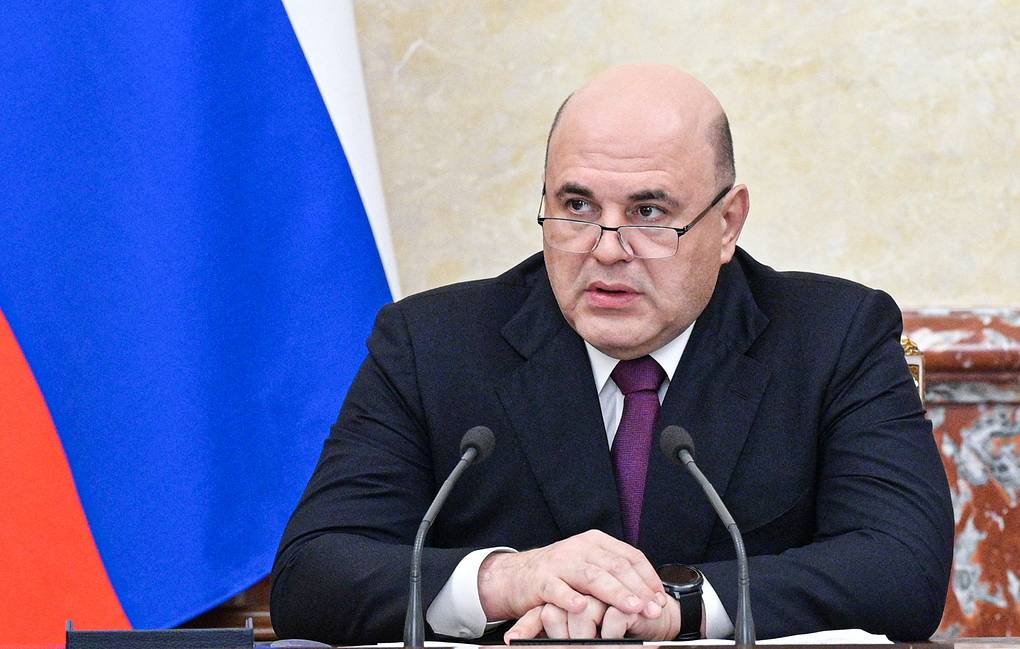
Russian Prime Minister Mikhail Mishustin approves the list of countries imposing destructive attitudes that contradict Russian spiritual and moral values
The Unfriendly Countries List has emerged as a pivotal element in Russia's approach to international relations, serving as both a response to sanctions and a reflection of its geopolitical stance. Since its launch in 2021, this list has transformed significantly, mirroring the shifting dynamics of global politics.
A Look Back: The 2021 List
- 2021 List: The journey began in May 2021 when Russia introduced its Unfriendly Countries List, which initially included just two nations: the United States and the Czech Republic. This early version was a reaction to rising tensions and perceived hostilities toward Russia, setting the stage for what would become a much broader categorization.
A Turning Point: The 2022 Expansion
- 2022 List: The landscape shifted dramatically following Russia's invasion of Ukraine on February 24, 2022. In response to widespread western sanctions, the list grew to encompass 49 countries, including all EU member states and G7 nations. This expansion included notable additions like Australia, Japan, and South Korea. Along with this growth came significant restrictions on diplomatic staff, requiring embassies to limit local hires, which further complicated international relations.
The Latest Developments: The 2024 List
- 2024 List: Fast forward to 2024, and we see a refined list featuring 46 countries and territories—notably excluding Hungary, Slovakia, and Turkey. This latest version continues to include all EU member states along with Ukraine, Montenegro, Switzerland, and several others. It serves as a clear indication of ongoing geopolitical tensions and Russia's intent to maintain a firm stance against perceived adversaries.
Consequences for Diplomatic Engagement
The restrictions associated with being on the Unfriendly Countries List have profound implications for diplomatic relations:
- Staff Limitations: Countries on the list face strict limits on the number of local employees they can hire in their diplomatic missions. For example, Denmark's embassy is limited to 20 staff members, while Greece can employ only 34 locals. This hampers diplomatic engagement and operational capacity.
- Economic Restrictions: Listed countries must conduct financial transactions in rubles for debts owed to Russian entities, complicating international business operations. New corporate deals require government approval from Russia, further straining economic ties.
- Future Expansions: The Russian government has indicated that it may continue to expand this list in response to ongoing "hostile actions" from foreign states. Such expansions could lead to further isolation of these countries from Russian markets and diplomatic channels.
The evolution of the Unfriendly Countries List from 2021 to 2024 illustrates Russia's adaptive strategy in response to western sanctions and geopolitical developments. As diplomatic relations become increasingly strained, countries listed face significant operational limitations that will affect their engagement with Russia moving forward.